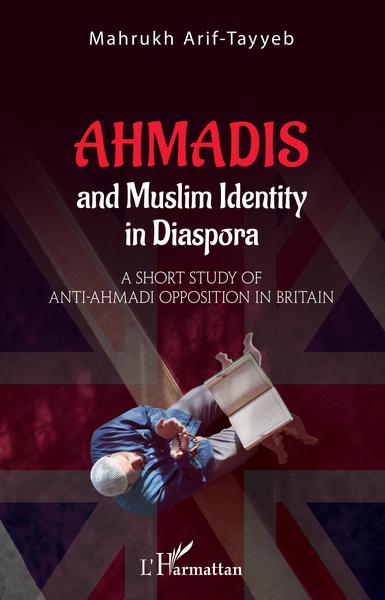- EAN13
- 9782140208447
- Éditeur
- L'Harmattan
- Date de publication
- 21 mars 2022
- Collection
- L'IRAN EN TRANS
- Nombre de pages
- 159
- Dimensions
- 24 x 15,5 x 0,9 cm
- Poids
- 257 g
- Langue
- fre
Ahmadis And Muslim Identity In Diaspora, A Short Study Of Anti-Ahmadi Opposition In Britain
Mahrukh Arif-Tayyeb
L'Harmattan
Prix public : 18,00 €
In the introduction to his book, Yohannan Friedmann wrote that the Ahmadiyya has been one of the most active and controversial movements within modern Islam. Indeed, the Muslimness of the Ahmadis has been debated ever since the inception of the movement in the 19th century, where several successive fatwas declared its supporters to be heretics and deviants. In Pakistan, this Muslim minority will be declared non-muslim through a Constitutional amendment and later an Ordinance will go as far as criminalizing their right to be Muslims. The community will thus face a wave of persecution and violence under the sight of the Pakistani State's silence. In 1984, the community led by a caliphate will find refuge in Britain and will start to explore the freedom to express and display their religious identity in a visible manner. Through the theoretical framework of two sociologists of the School of Chicago - Howard Becker and Erving Goffman - and their work on deviant communities, this book explores to what extent the lack of recognition of the Muslim identity of Ahmadis in Pakistan evolves in the specific diasporic context of Britain. This book examines the relationship between the treatment of a politically controlled minority in a theocracy and the modalities of its importation into a Western democracy.


















